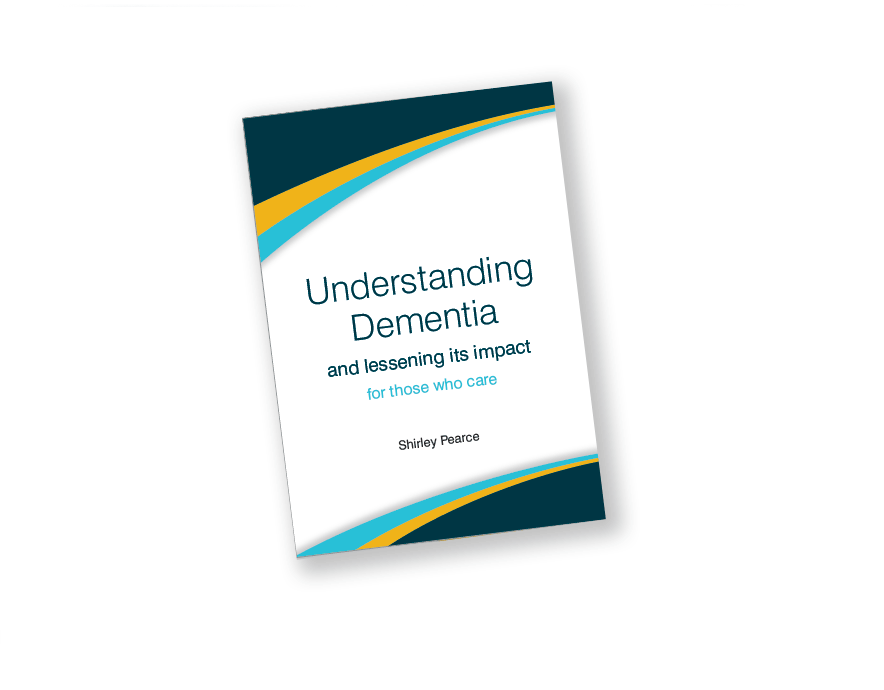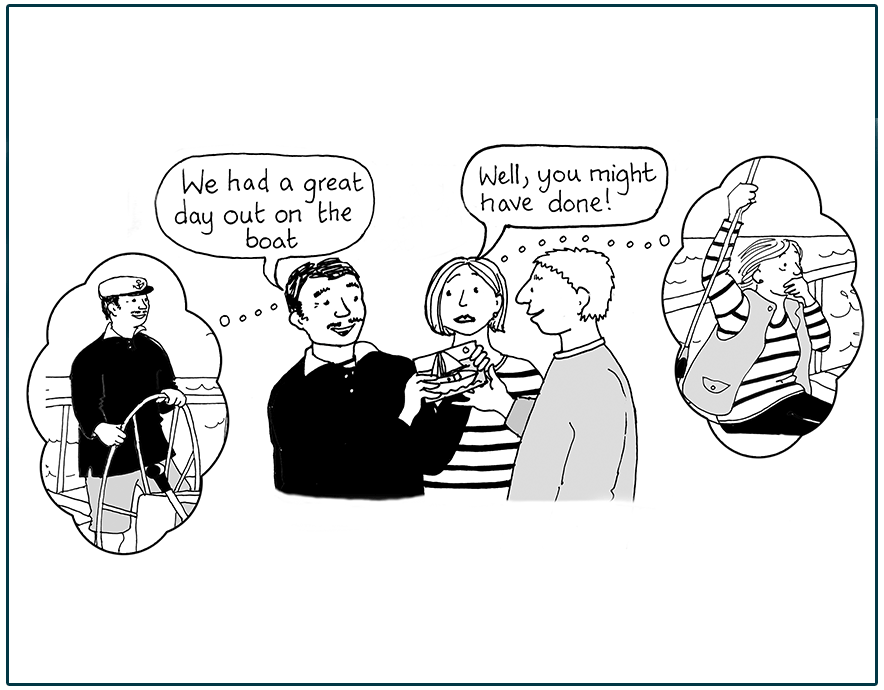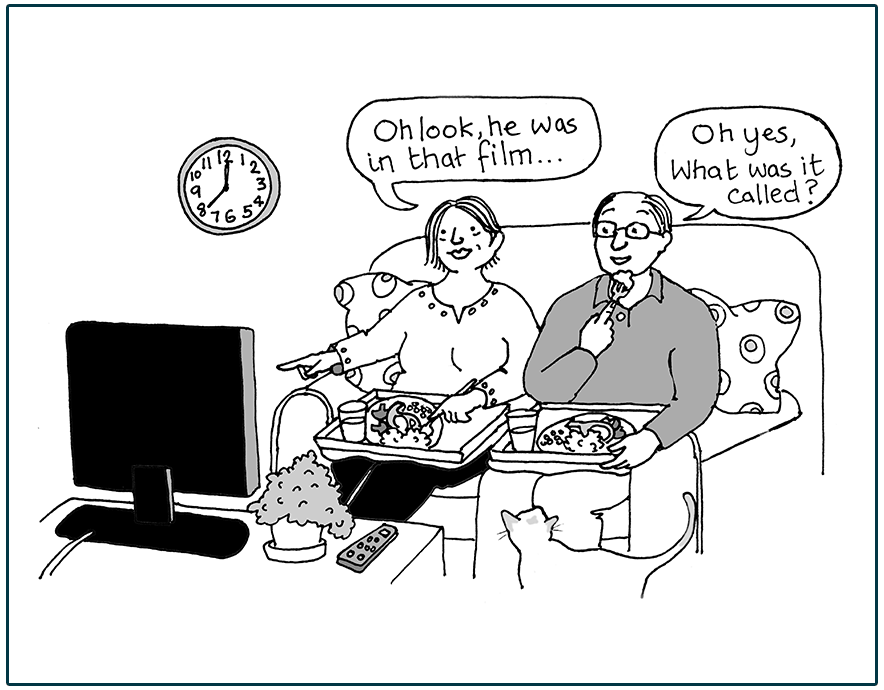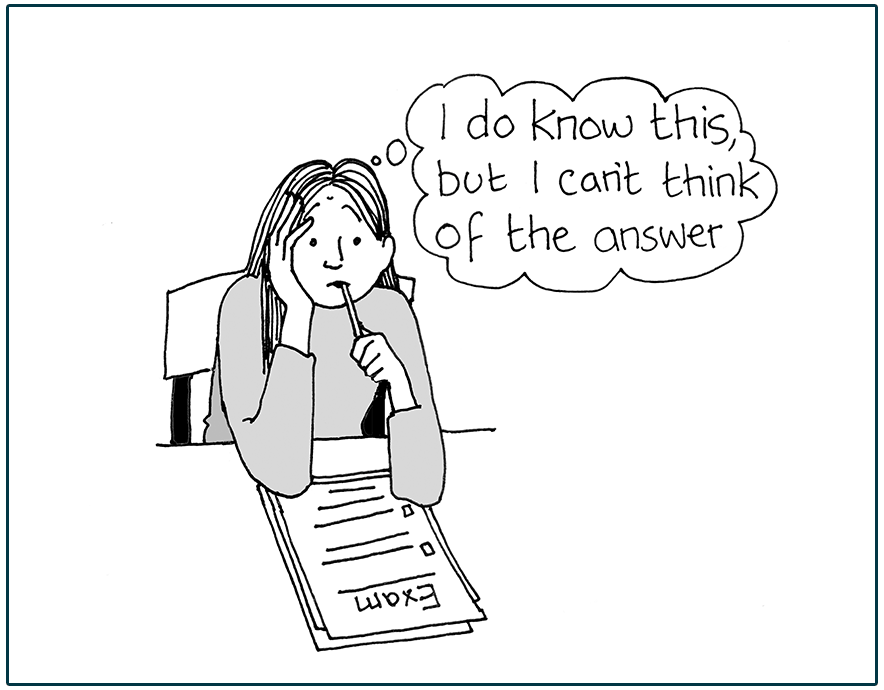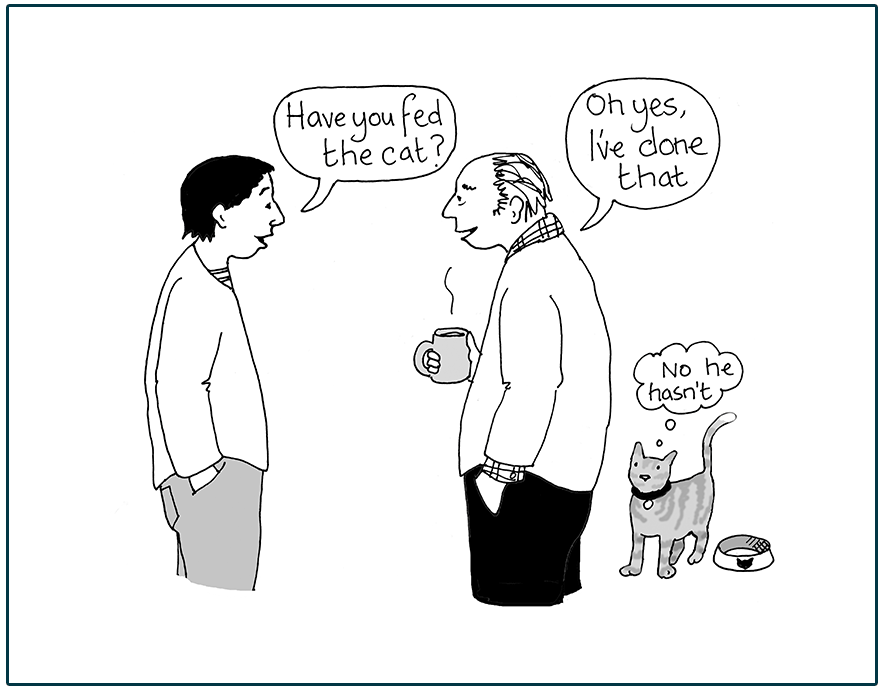


– Reduced concentration
– Impaired storage
– Impaired retrieval
– Incomplete storage
– Retrieval – only what’s there
and lessening its impact
for those who care
What is well-being?
How can dementia affect well-being?
Dementia can also involve problems unrelated to memory.
The person may have other health conditions too.
But once their well-being is restored, these other things become easier to manage.
What is dementia?
This word covers various conditions which affect different parts of the brain.
But most of them have one feature in common.
The storage of new facts in the person’s memory system becomes increasingly patchy.
However, their memory still retains the feelings that went with those missing facts.
This is very different from the problems of recall which are common in normal ageing.
Once we understand this, it becomes easier to cope with other aspects of dementia.
What is Understanding Dementia?
This is a charity based in Twyford, Berkshire, set up by Shirley Pearce in 2018. Its aim is to promote a clear understanding of dementia, how it affects the person and how we can lessen its impact on those who live with it. We provide training for care workers, health professionals and family carers in a new and very simple approach that anyone can use.
How can we help?
We can change the way we think about dementia.
Instead of fighting against it like a disease, we can work with it as a disability.
This approach will improve the person’s well-being and may even help to slow their decline.
We need to be aware that they are already doing their best to make sense of things.
It may be impossible for them to adapt to our understanding of reality.
But we can learn how to adapt to theirs, using a simple ABC of skills.


